-
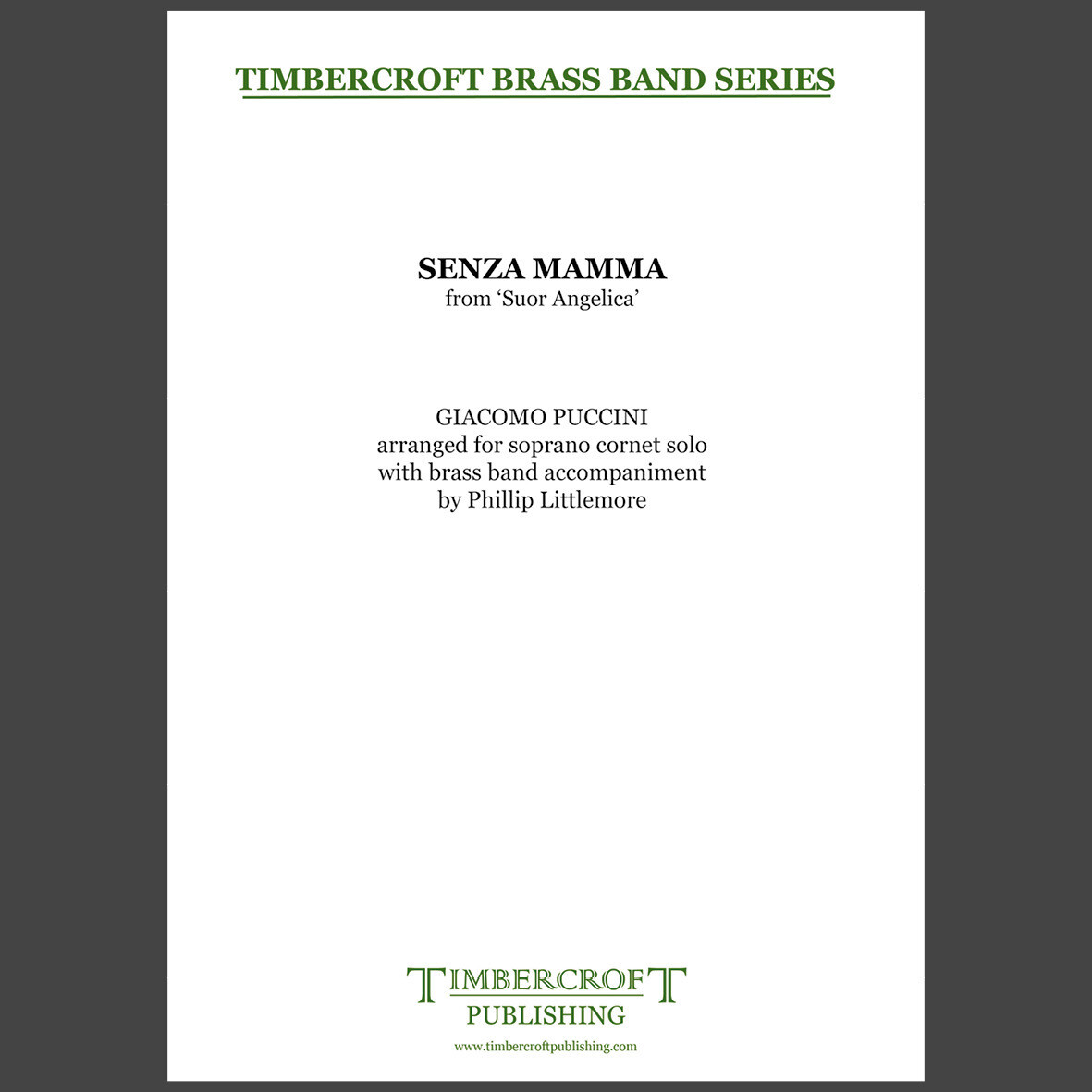 £25.00
£25.00Senza Mamma - soprano cornet solo
Estimated dispatch 5-7 working days
-
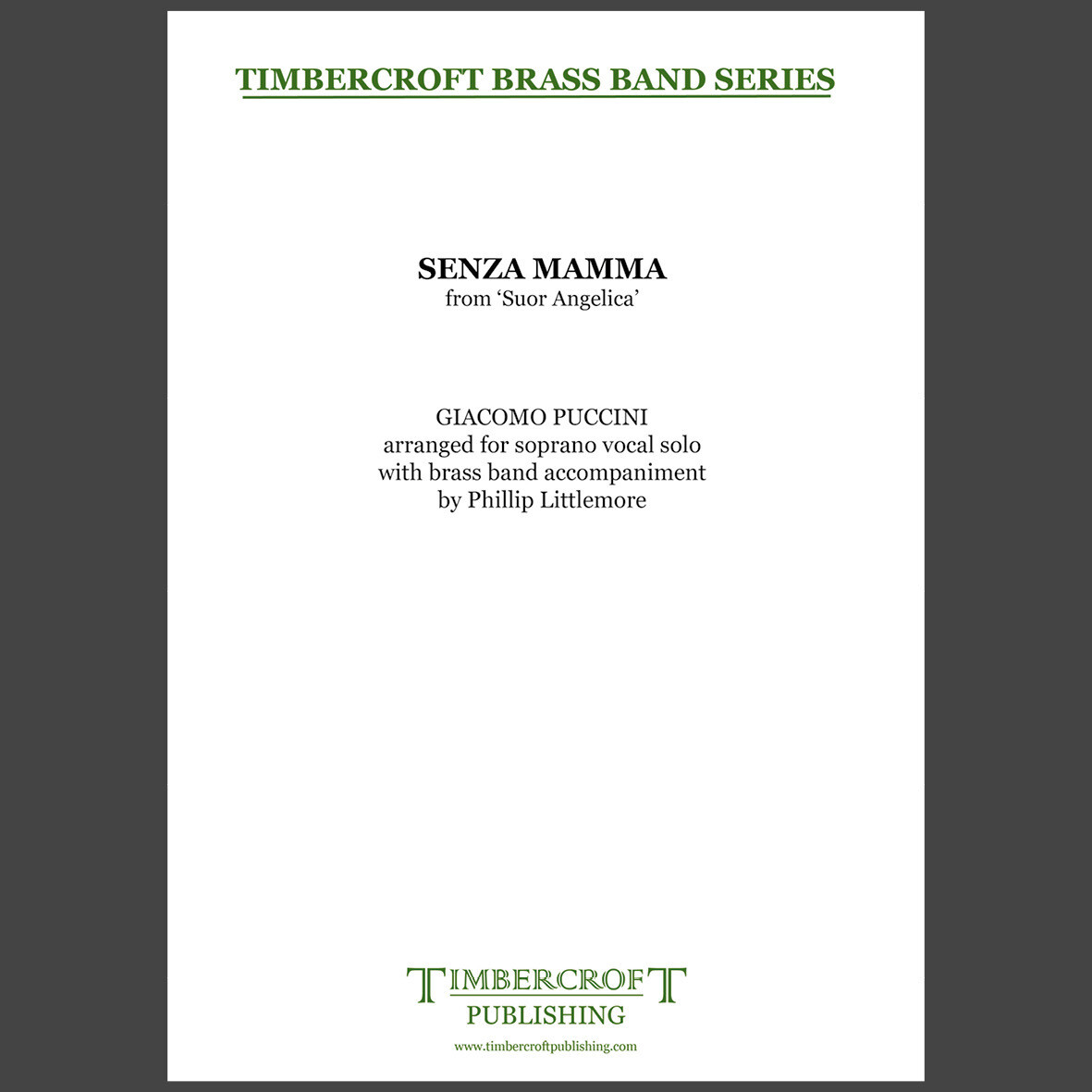 £25.00
£25.00Senza Mamma - vocal solo
Estimated dispatch 5-7 working days
-
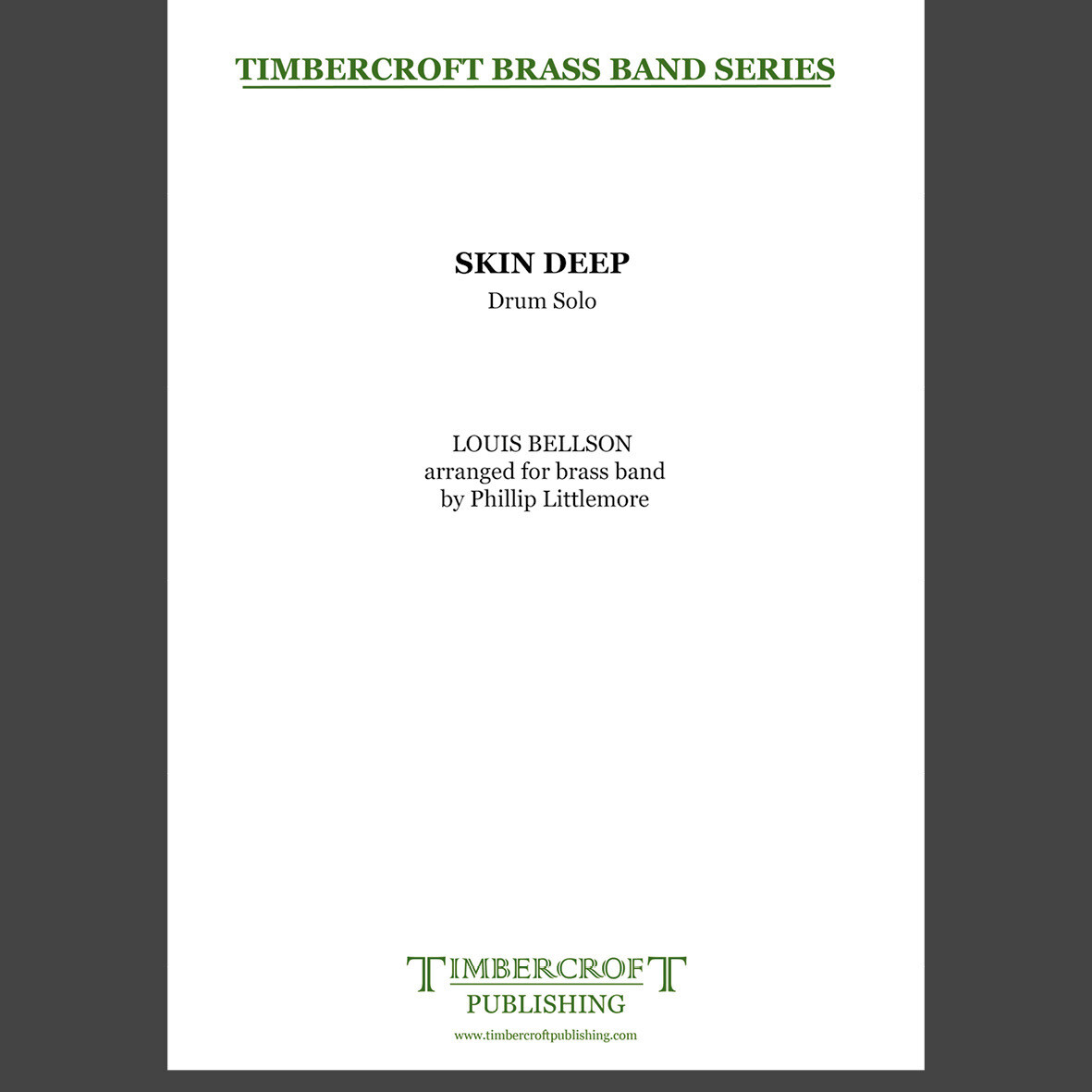 £30.00
£30.00Skin Deep - Louis Bellson arr. Phillip Littlemore
Estimated dispatch 5-7 working days
-
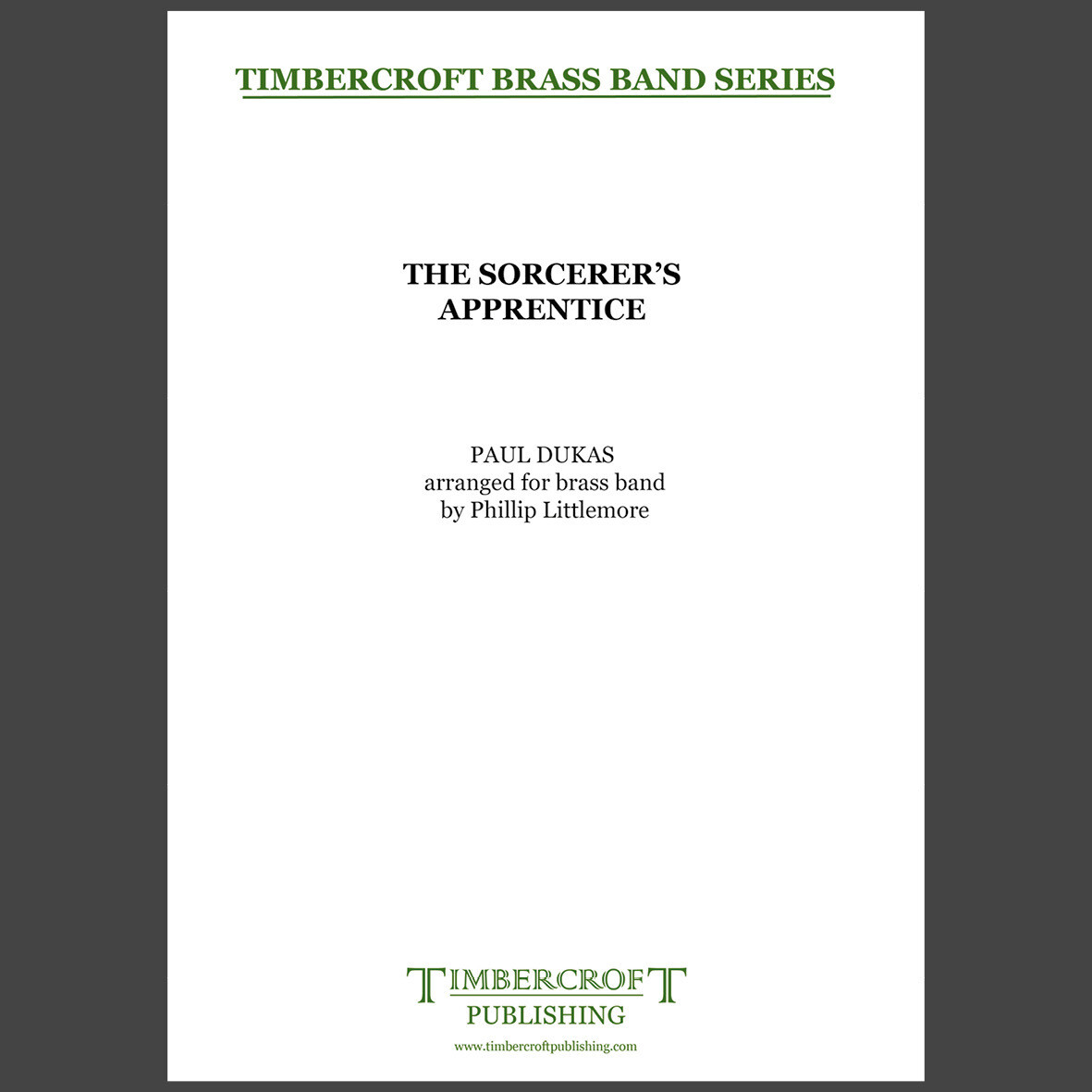 £40.00
£40.00Sorcerer's Apprentice, The - Paul Dukas arr. Phillip Littlemore
Estimated dispatch 5-7 working days
-
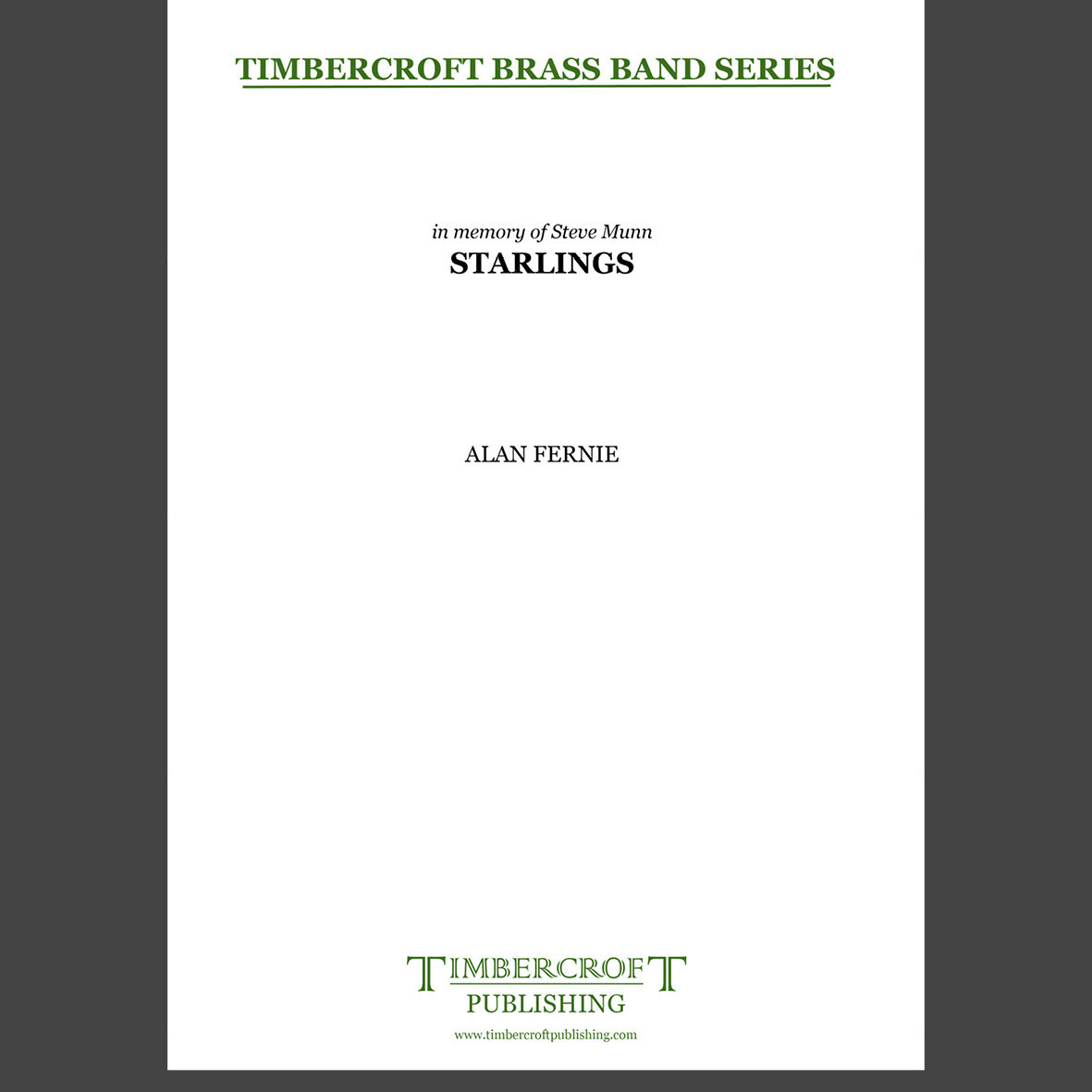 £35.00
£35.00Starlings - Alan Fernie
Estimated dispatch 5-7 working days
-
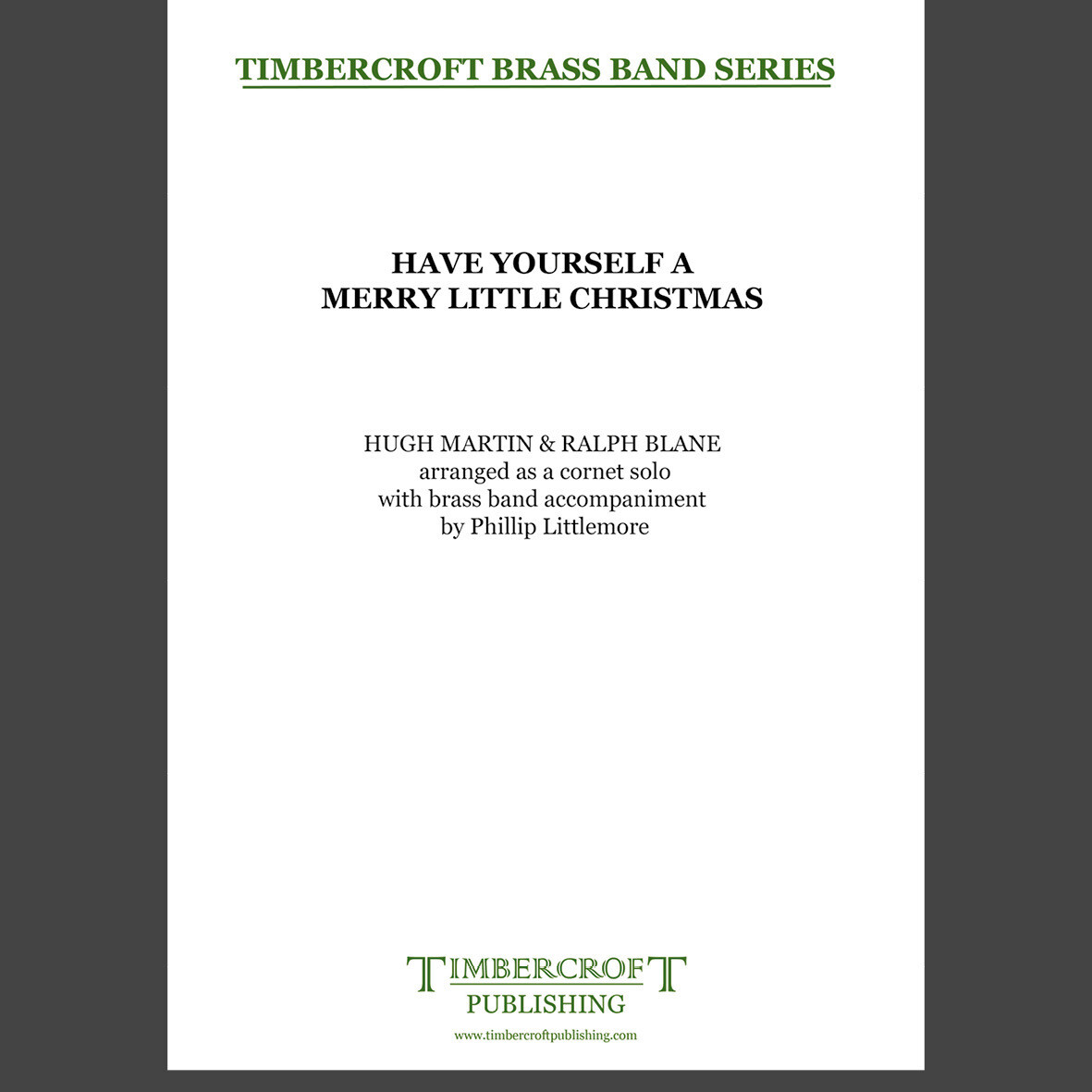 £30.00
£30.00Stars and Stripes Forever, The - John Philip Sousa arr. Phillip Littlemore
Estimated dispatch 5-7 working days
-
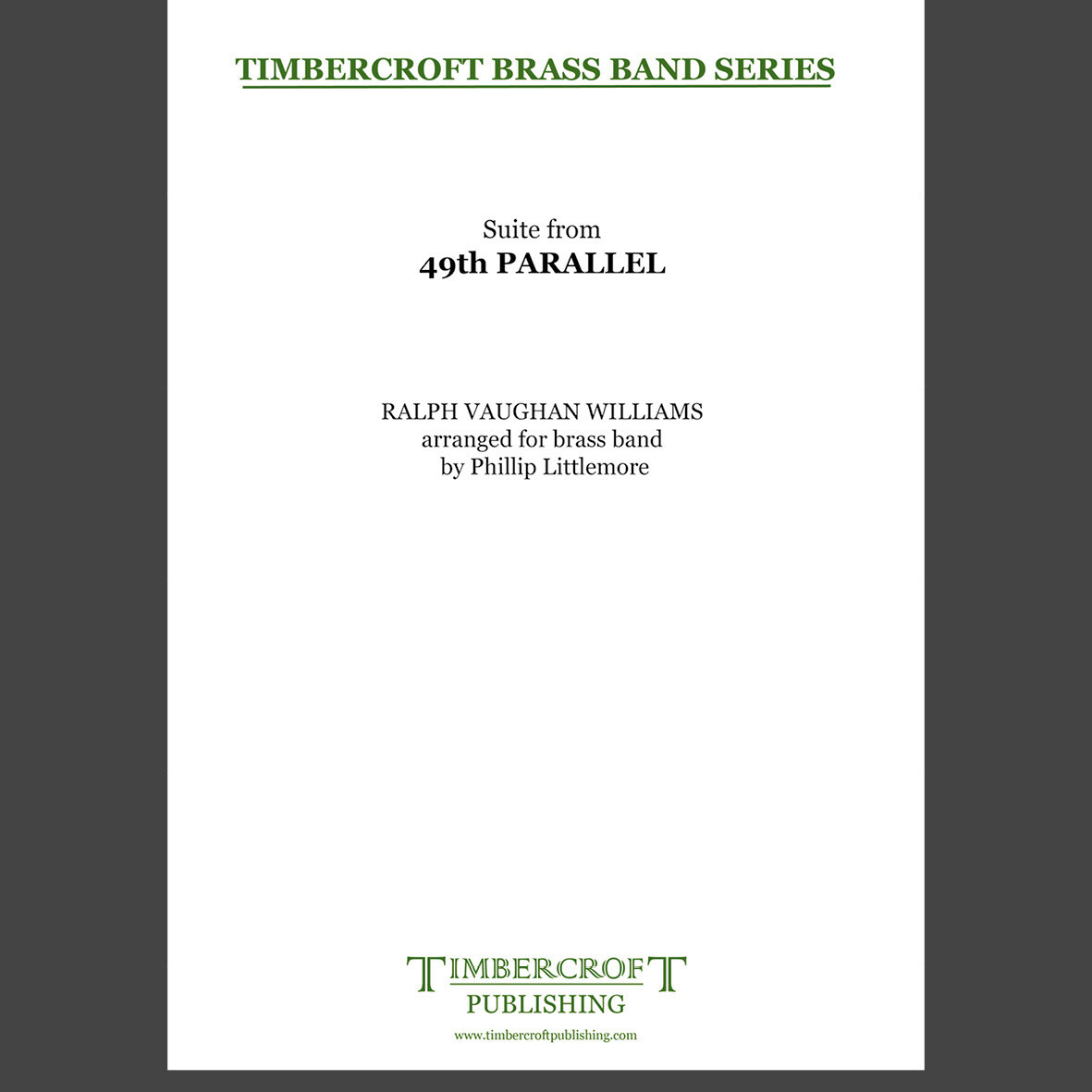 £60.00
£60.00Suite from 49th Parallel - Ralph Vaughan Williams arr. Phillip Littlemore
Estimated dispatch 5-7 working days
-
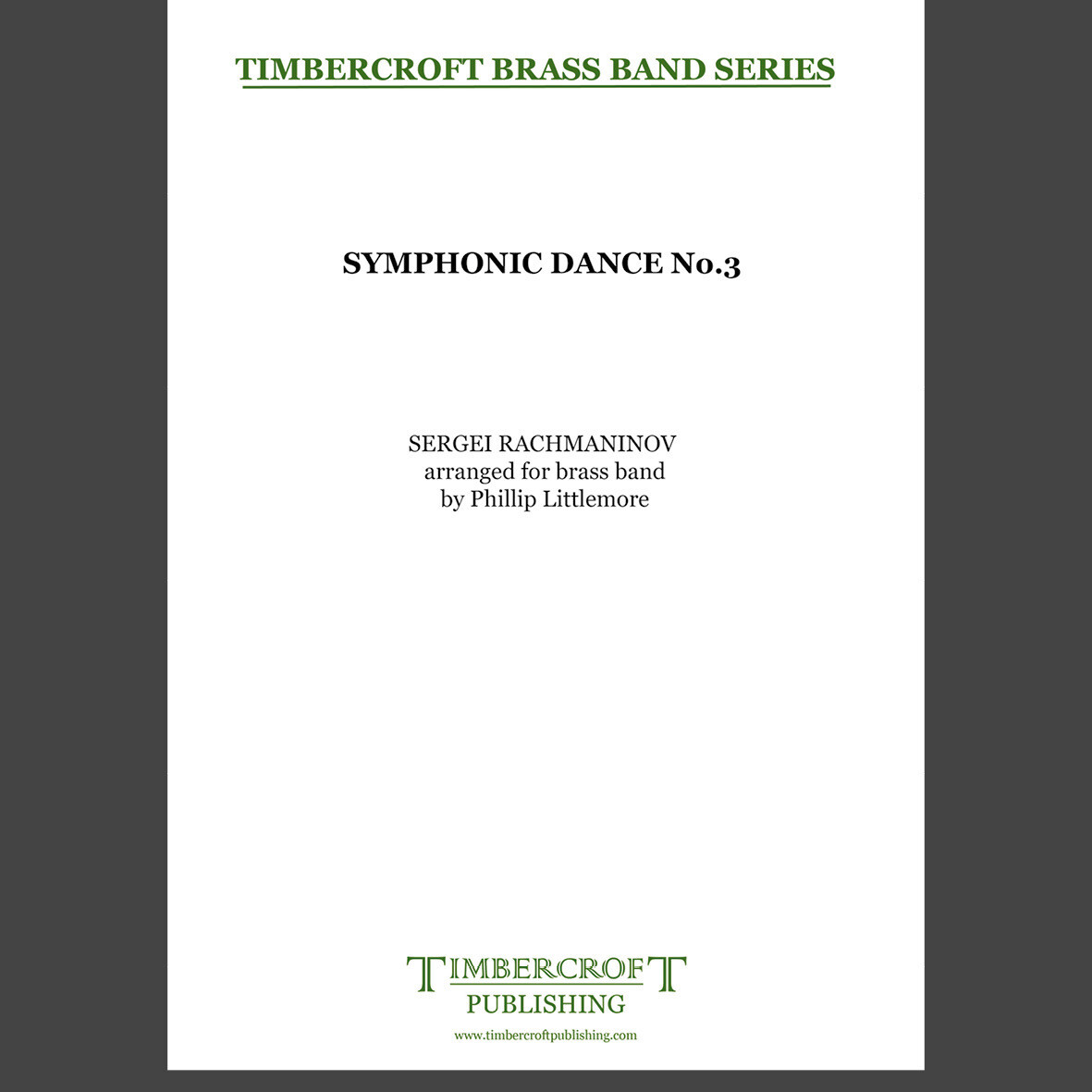 £35.00
£35.00Symphonic Dance No.3 - Sergei Rachmaninov arr. Phillip Littlemore
Estimated dispatch 5-7 working days
-
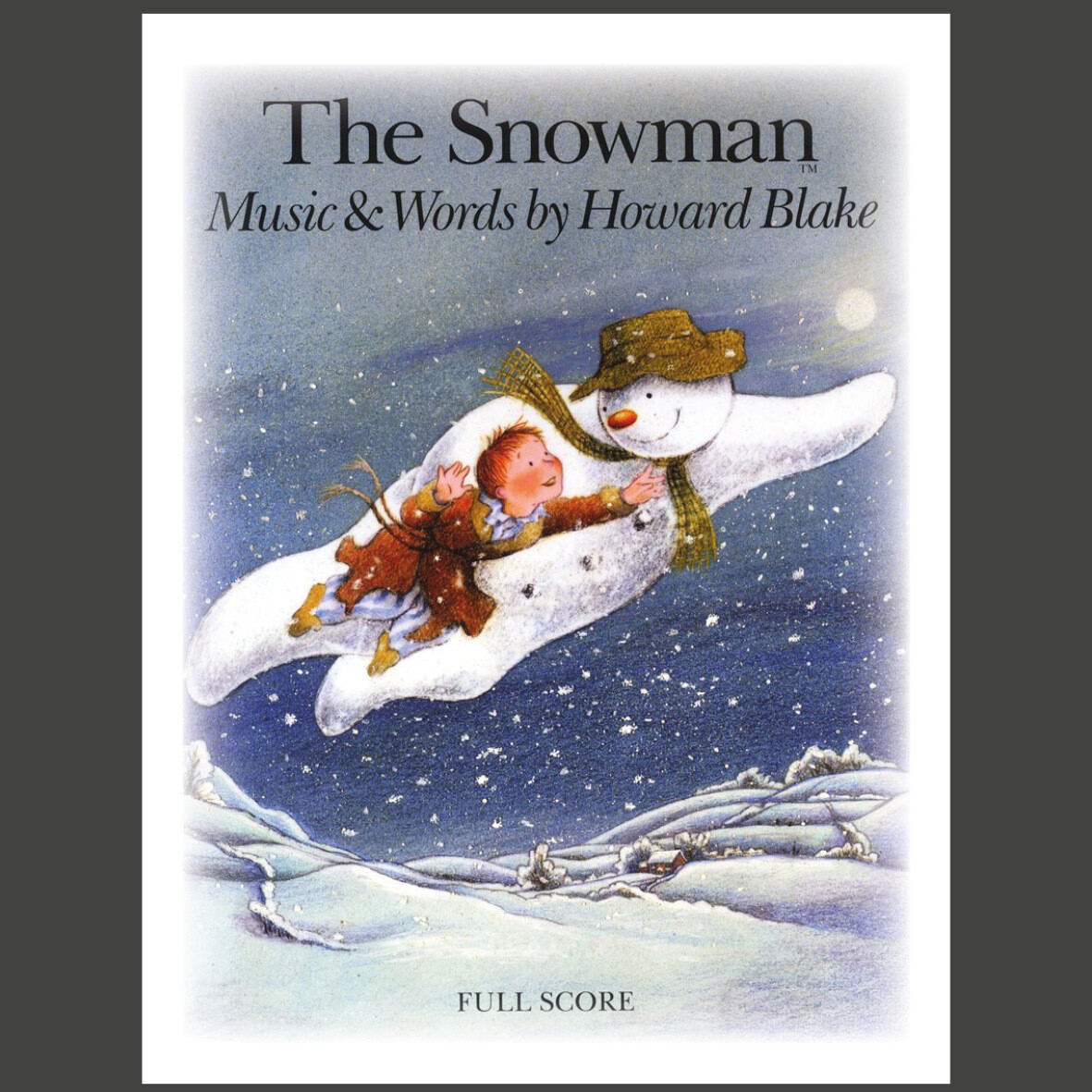 £119.95
£119.95The Snowman - Howard Blake arr. Phillip Littlemore
Estimated dispatch 5-7 working days
-
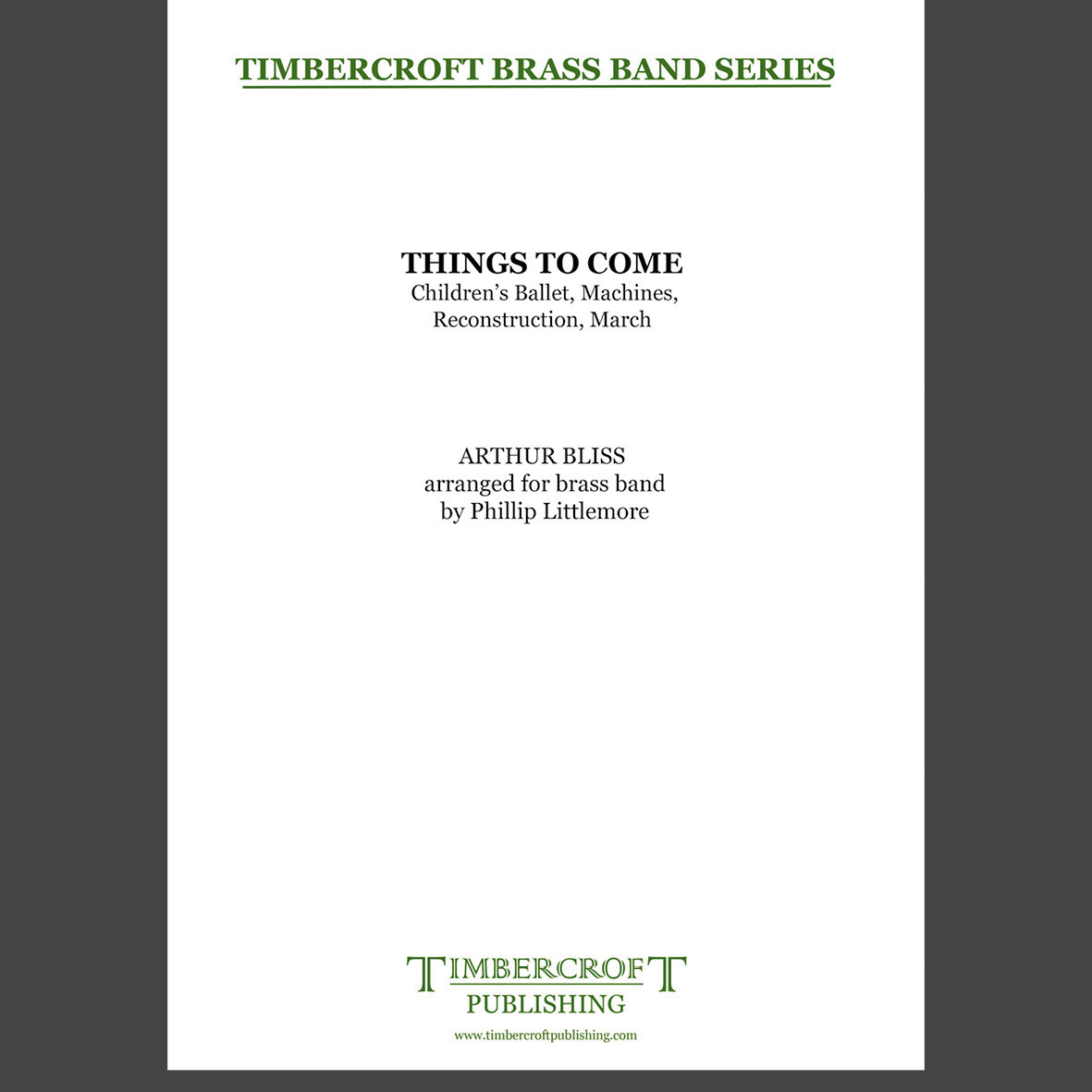 £60.00
£60.00Things to Come - Arthur Bliss arr. Phillip Littlemore
Estimated dispatch 5-7 working days
Searching for Wind Band Music? Visit the Wind Band Music Shop

Sign-up to our mailing list for the latest Brass Band music releases & special offers.
Tel: (07852) 519 763 | International: +44 785 251 9763 | Email: [email protected]
PLEASE NOTE: We shall be closed for annual holiday from Wednesday 9th April & re-open again on Monday 14th April. This will delay our usual dispatch time by 2-3 days. Thank you for your understanding.
Use the search box below to search for music for
Brass Band | Brass Ensemble | Junior Band | Flexi Band | Solos with Piano | Practice & Solo Books
Brass Band | Brass Ensemble | Junior Band | Flexi Band | Solos with Piano | Practice & Solo Books